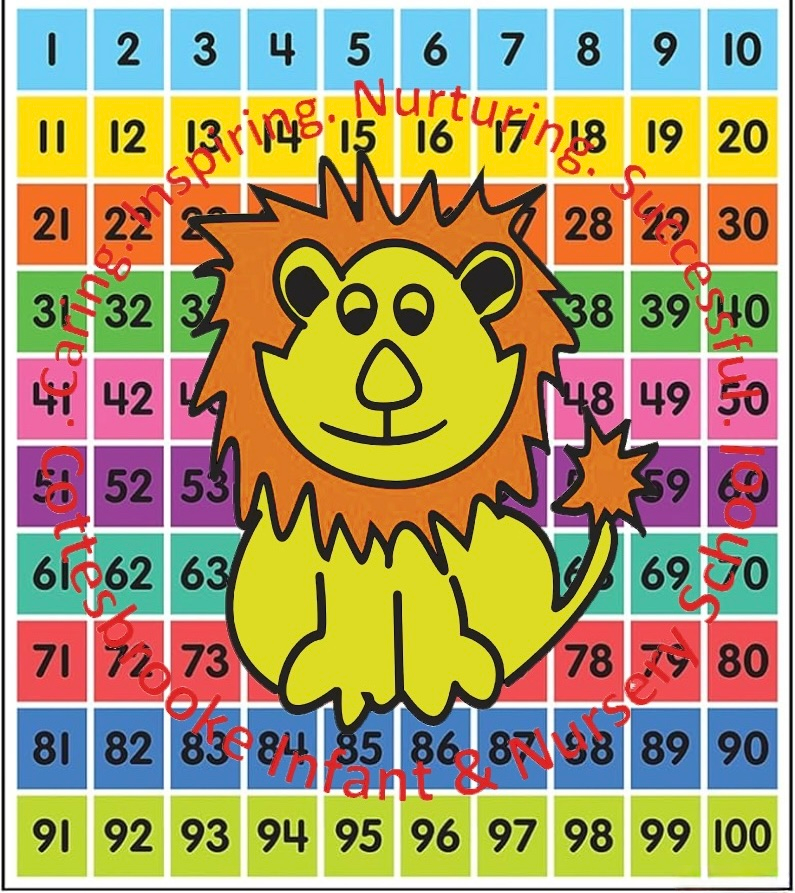
➕ Mathematics at Cottesbrooke
Mathematics is much more than numbers — it’s about spotting patterns, solving problems, thinking logically and explaining our ideas. At Cottesbrooke, we want every child to develop a strong foundation in maths and an enthusiasm for learning that stays with them for life.
🎯 Aims of the National Curriculum
The National Curriculum for Mathematics aims to ensure that all children:
-
Become fluent
Through regular and varied practice, children develop fluency in the fundamentals of maths so they can recall and apply knowledge accurately and quickly. -
Reason mathematically
Children are taught to follow lines of enquiry, spot relationships, and explain or justify their thinking using mathematical language. -
Solve problems
Children apply what they’ve learned to a range of problems — including real-life contexts — and learn to persevere in finding solutions.
🧠 Why Maths Matters
Maths equips children with powerful tools to understand the world. It plays a key role in:
-
Everyday life and decision-making
-
Science and technology
-
Future learning and employment
-
Creative thinking and confidence
It can also be joyful — when a problem clicks, a pattern emerges, or a child sees how numbers connect in a new way.
📘 Our Approach at Cottesbrooke
We want all children to see themselves as capable and confident mathematicians. We use two carefully chosen programmes across the school to support high-quality maths teaching:
-
White Rose Maths
This is a structured scheme that breaks learning into small, progressive steps. It helps children build deep understanding through clear models, fluency practice, and problem solving. -
NCETM Mastering Number
All children in Reception, Year 1 and Year 2 take part in regular Mastering Number sessions. These short, engaging lessons focus on developing strong number sense, including subitising, number bonds, and flexible thinking.
These programmes support our wider maths teaching by promoting fluency, flexibility, and confidence in working with numbers.
🌱 In the Foundation Stage
In Nursery and Reception, maths is taught through a mix of:
-
Whole-class teaching
-
Small group sessions
-
Independent, play-based learning both indoors and outdoors
Children explore early number, shape, space and measure through practical experiences that relate to their own lives and interests.
🧮 In Key Stage 1 (Years 1 & 2)
We follow the 2014 National Curriculum for Mathematics, using White Rose Maths as the basis for planning and sequencing. This ensures that children make steady progress through increasingly complex ideas, while revisiting and reinforcing what they already know.
Our approach includes:
-
Written methods and mental strategies
-
Problem-solving and mathematical investigations
-
Regular opportunities to explain and reason using mathematical vocabulary
👀 How We Teach
We create a multi-sensory, inclusive learning environment, recognising that children learn in different ways. Our maths teaching includes:
-
Visual and practical resources in every classroom
-
Real-life and cross-curricular links
-
Opportunities for paired and group talk
-
A clear progression of small steps so every child can succeed








